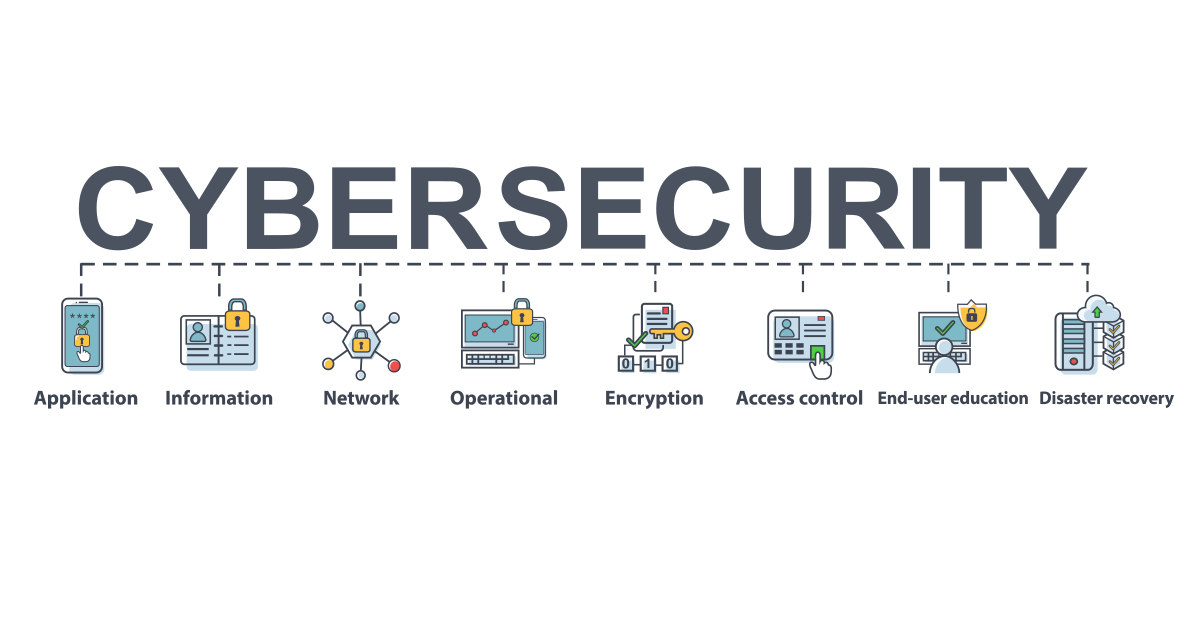A Review Of cybersecurity mdr
A Review Of cybersecurity mdr
Blog Article

1. Data violations: Fintech firms take care of delicate economic info, making them a prime target for cybercriminals. A single data breach can jeopardize millions of individuals' personal and financial data, leading to severe consequences.
2. Payment fraud: Defrauders make use of advanced techniques to control repayment systems, causing financial losses for both customers and businesses. Avoiding settlement fraudulence needs innovative protection actions and continuous tracking.
3. Compliance: Fintech business should comply with numerous economic policies, such as GDPR, PCI-DSS, and AML/KYC. Guaranteeing conformity can be a complicated and time-consuming procedure, yet failing to do so can lead to significant fines and reputational damages.
4. Inadequate safety and security steps: Fintech companies frequently focus on speed and development over security, bring about insufficient security versus cyber hazards. This can subject customers' data and economic info to significant threats.
Fintech software application development have to deal with these cybersecurity tests to protect customers' interests and preserve public trust fund. }
The fintech market is revolutionizing the method we handle cash, but with technology comes new obstacles, especially in cybersecurity. Such obstacles question the stability and protection of financial systems and effect your photo as a credible fintech supplier https://s-pro.io/fintech.
In this article, we're discovering the 4 cybersecurity risks faced by the fintech industry and suggest techniques on just how to mitigate them.
"Cybersecurity Threats Evolve"
A malware strike describes any kind of destructive software program intended to damage a customer's computer or web server. These harmful programs are developed and dispersed by cybercriminals for numerous intentions, with the typical goal of swiping individual, monetary, or service data.
Ransomware, a type of harmful software, continues to be one of the most report from Statista exposed that in 2023, 72% of businesses experienced a ransomware strike. Wondering exactly how to remain safe? Here are a couple of suggested protection methods.
keep your computer system and software upgraded;
only make use of a trusted anti-virus;
never open web links that come from unidentified senders.
Emerging Technologies
On the one hand, the rapid fostering of arising innovations such as blockchain, expert system (AI), and IoT (Internet of Things) opens up new cybersecurity masters horizons to fintech. On the other hand, it brings brand-new security worries to the table. For instance, AI-powered systems can be utilized to detect vulnerabilities in networks and systems. IoT strikes target Internet of Points systems-- things embedded with software program that enables them to gather and save data. While the danger of IoT strikes can be minimized by selecting safe devices, AI-powered attacks demand a much more intricate method:
Implement a multi-faceted security approach;
Provide regular training for staff members on protection ideal methods;
Use sophisticated AI-powered safety and security solutions to enhance protection versus insider threats.
A fintech organization's best danger can come from within. Staff members or professionals with authorized accessibility to sensitive information or systems can position a substantial danger, called insider threats. These dangers can be intentional, where delicate information is stolen and sold deliberately, or unintended, where personal info is inadvertently subjected, causing damage to the company. Efficient strategies to alleviate insider hazards include executing durable access controls, keeping an eye on user actions, offering normal training and awareness programs, and applying event feedback plans to resolve potential safety violations.
audit of your team's gain access to advantages;
application of password security plans;
education of your team on exactly how not to come to be the victims of phishing.
Third-Party Vendors
Lots of fintech firms rely on third-party companies for solutions like settlement handling or information storage. Such reliance on external vendors in fintech software application advancement can present numerous methods for cyberattacks. Fintech companies must conduct comprehensive due diligence on third-party vendors they cooperate with, including background checks and safety evaluations, to guarantee they have limited safety actions in position.
In conclusion, while the fintech industry is obtaining globally fostering, hackers never ever rest, making cybersecurity a top challenge in fintech software program growth.
S-PRO, a forward-thinking software growth firm, focuses on the integration of sophisticated safety and security remedies in its fintech jobs to safeguard the passions of both its clients and end-users, supplying them with first-class protection against cyber assaults. Report this page